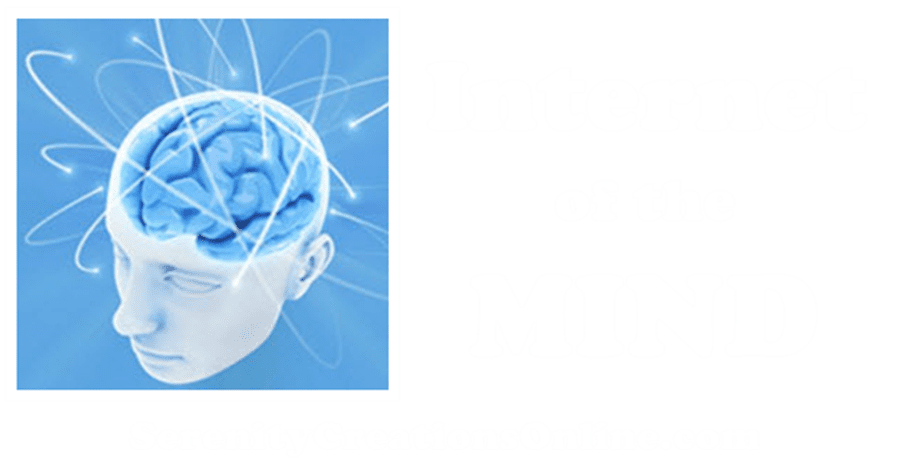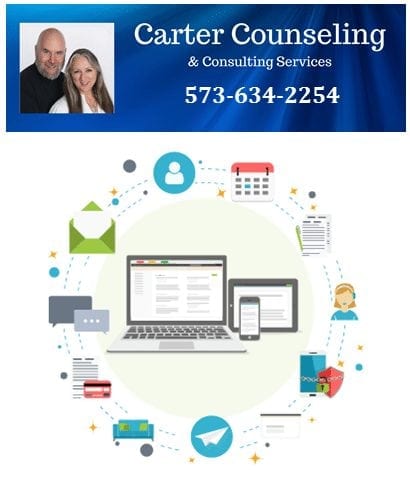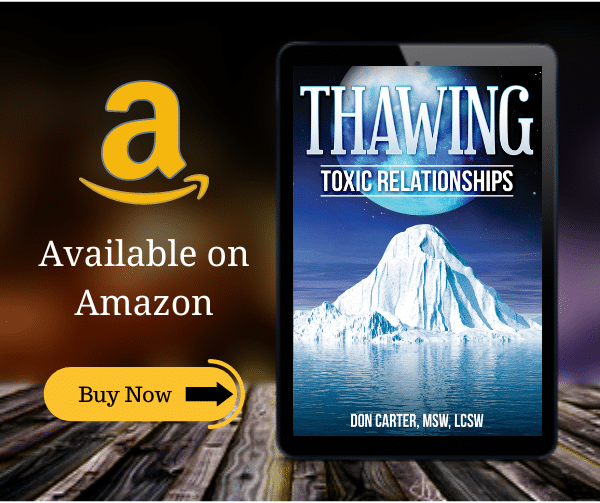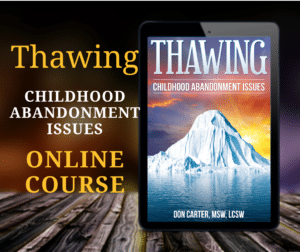
Relationship Plan for the Furture
[wpseo_breadcrumb]
A long-term relationship plan is a must if you want to really protect your future as a couple. How many of us would sit down to start up a business without first drawing up a business plan? Why should it be any different with your relationship if it’s really that important to you? You don’t even need to actually be in a relationship to develop a plan for how YOU want to be in a relationship. You can go through the process below either individually or as a couple. It doesn’t even matter if you’ve been married for years…its never too late to benefit from this exercise.
KEY POINT: Remember that the most important relationship in your life is the one you have with your Higher Power, God as you understand God. Next most important is the relationship you have with the person staring back at you in the mirror. Get those relationships right before trying to get right with others and you will automatically find your relationships with others are more rewarding and enriching. The video below explains…
The Fully Aligned Self
Marriage & Relationship Planning:
The NLP Logical Levels of Change provide a great foundation for building an effective relationship Plan. In order to gather information about what each of you want…go through the process below separately first. Below are links to the Logical Levels of Change & some questions to get you started:
- Spirituality – How do I want to relate to my partner spiritually in this relationship?
- Identity – What kind of person do I want to be in this relationship?
- Values – What do I deem most important in this relationship?
- Beliefs – What do I feel certain about or want to feel certain about in this relationship?
- Capabilities & Skills – What am I able to do, or what would I like to be able to do in this relationship? What skills & resources do I already have that would help me be able do that? What skills & resources to I need to do to acquire? How will I acquire or develop them?
- Behaviors – What actions, or reactions would I like to keep or change in this relationship?
- Environment – What playmates, play places, playthings, and situations do I need to keep/change in this relationship?
Having gone through the process above as an individual has given you lots of valuable information. Now take that information go through the process as a couple with these minor changes to the questions:

- Spirituality – How do we want to relate to each other spiritually in this relationship?
- Identity – What kind of people do we want to be in this relationship?
- Values – What do we deem most important in this relationship?
- Beliefs – What do we feel certain about or want to feel certain about in this relationship?
- Capabilities & Skills – What are we able to do, or what would we like to be able to do in this relationship? What skills & resources do we already have that would help us be able do that? What skills & resources do we need to do to acquire? How will we acquire or develop them?
- Behaviors – What actions, or reactions would we like to keep or change in this relationship?
- Environment – What playmates, play places, playthings, and situations do we need to keep/change in this relationship?
Implement, Evaluate, & Update Your Plan
When we get good at something it means that the neural network for that behavior has expanded…the human brain is compelled to continue to grow… so, we get better at everything we practice regularly. Learning useful new skills and making progress “tickles” the reward pathway in the brain. When “new” becomes second nature we must develop the skill to the next level to continue getting the “tickle” or “feel good”. It’s like a snowball… at some point it starts rolling downhill all on its own.





